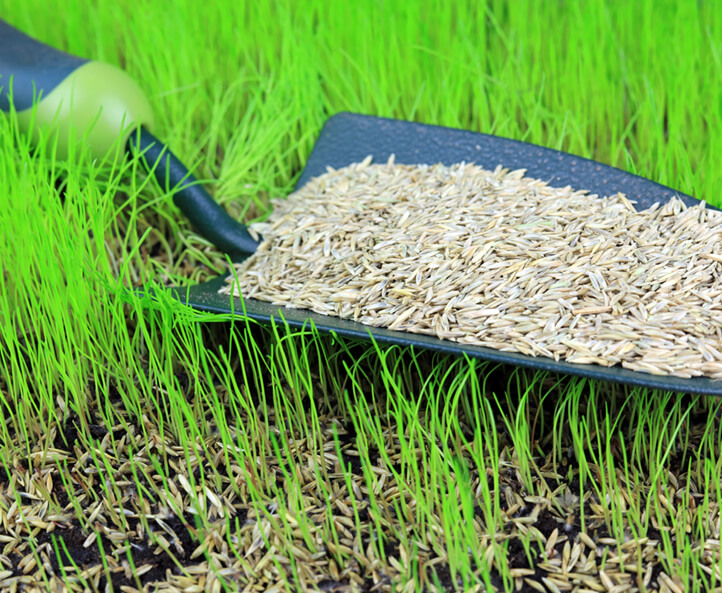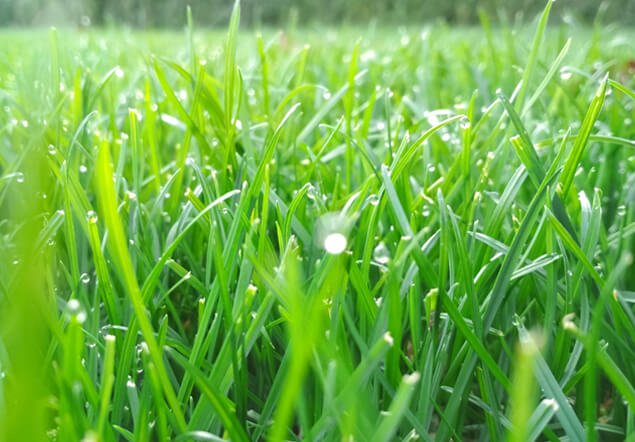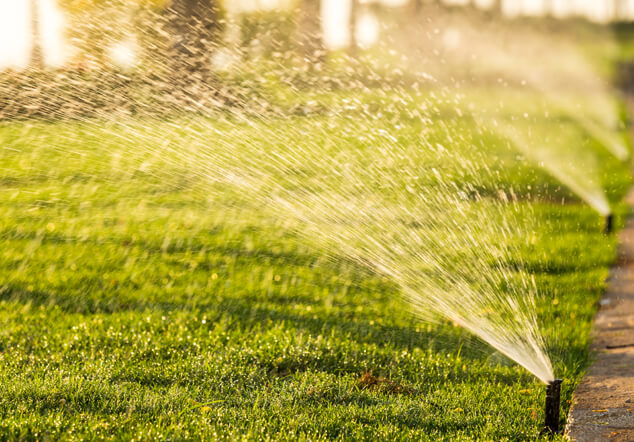Seeding

Over time, natural grass lawns will begin to look dull and thin. Ordinarily, this is the result of factors such as weather, wear, and disease. Fortunately, proper maintenance and seeding can restore your lawn to its full potential.
The best defense against weeds is a thick, lush, lawn!
If you need to reseed your entire lawn or only a portion, we can help. We will work with you to choose the best seed and seed application process. Once the process is complete, you will have a beautiful green lawn that is resistant to drought and disease.
Is your grass thin, patchy, or full of weeds? We can help!
What is Seeding?
If you need to reseed your entire lawn or only a portion, we can help. We will work with you to choose the best seed and seed application process. Once the process is complete, you will have a beautiful green lawn that is resistant to drought and disease.
Our Three-Step Seeding Process
Step 1 –
Aeration
We use both spike and plug aerators to incorporate the seed into the soil so it will germinate better.


Step 2 –
Fertilization
After aeration, we apply a starter fertilizer enhanced with the correct nutrient ratio and specialized plant-based hormones to maximize establishment and growth.
Step 3 –
Maintenance
Finally, we will provide clear and helpful instructions on how to water and care for your newly seeded lawn for optimal results.

When Should I Seed My Lawn?
The best time to seed cool-season grasses like tall fescue or Kentucky bluegrass is during the Fall (mid-August to mid-October), because the soil is still warm, the fall rains have arrived, and fewer weeds germinate during this season.
